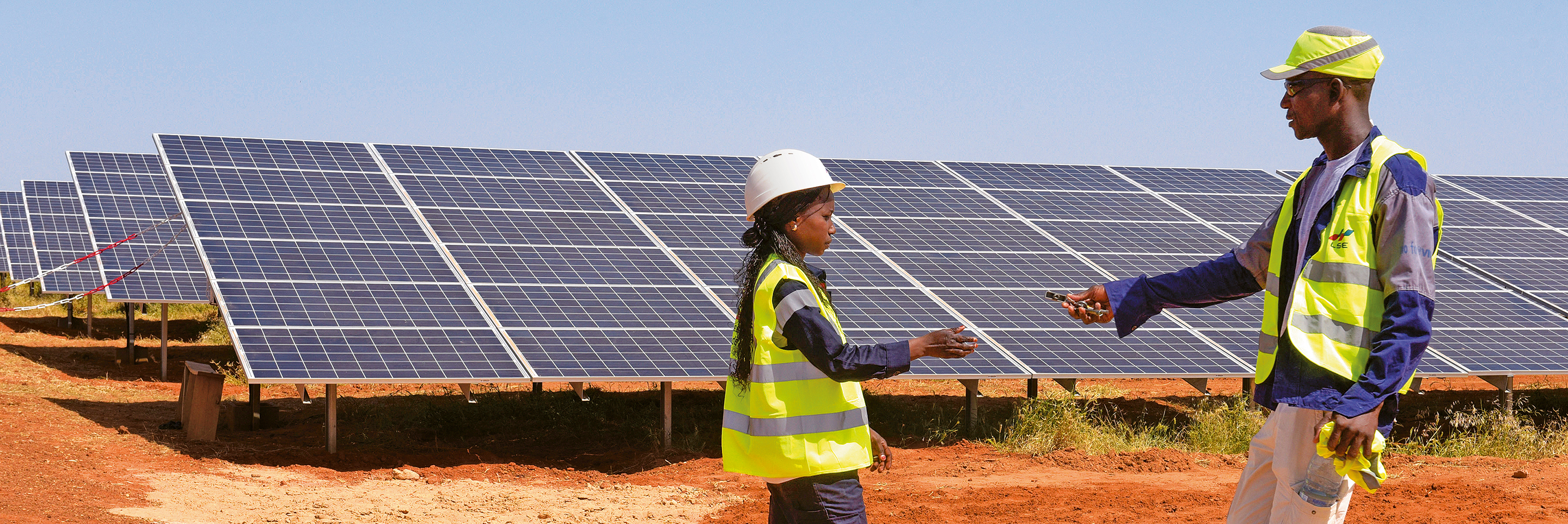Peasants and farmers protest in many parts of Europe, claiming their right to live in dignity, with fair prices for their product and adequate remuneration for their work. They reject free trade agreements and call states and the European Union (UE) for more support.
In Europe, like in rest of the world, peasants are disproportionately affected by food insecurity and poverty. The rate of suicide in agriculture is much higher than in other professional activities. To support them, the main EU instrument is the Common Agricultural Policy (CAP).
CAP accounts for 31% of the EU budget, which means that 55 billion euros are spent every year to support agriculture. This is huge. However, the sum is unfairly distributed. Only 20% of food producers receive 80% of the CAP’s budget. The choice of calculating financial support based on the size of farms – instead of the number of people active in the farms – leads to increasing concentration of farm holding. Between 2005 et 2020, the number of farms in the EU declined by 37 %, with small farms experiencing the strongest decline. This also leads to less product diversity and greater biodiversity loss.
Affected by competition with product imported from other continents and sold in Europe at low prices, and pressured by various intermediaries, peasants often have to sell their products below the costs of production. They are also pushed to transition to organic farming – with the legitimate objective of 25% of agricultural land under organic farming in the EU by 2030 in the European Green Deal – without enough support to make that transition and benefit from it. This situation in part explains the current fight for peasants’ rights.
At the United Nations (UN), this fight for peasants’ rights started in 2008 in Geneva, when La Via Campesina proposed its Declaration on the Rights of Peasants – Women and Men to respond to the 2008 global food crisis. La Via Campesina is the largest transnational social movement, representing more than 250 million peasants in over 80 countries. Its call for a UN Declaration on peasants’ rights was supported by several states, human rights experts, NGOs, and Geneva Academy’s project on the rights of peasants. After six years of negotiation at the Human Rights Council, the UN Declaration on the Rights of Peasants and Other People Working in Rural Areas (UNDROP) has been adopted by the UN General Assembly on 17 December 2018. In October 2023, a UN Working Group of five independent experts has been created by the Human Rights Council to promote and monitor UNDROP’s implementation.
UNDROP enshrines many rights that are crucial to respond to the current crisis, including the rights to food, food sovereignty, fair prices, sufficient salaries, social security, seeds, land, and other productive resources. It also includes many provisions through which states committed to support peasants in their transition towards agroecology and organic farming. UNDROP and the right to food provide a strong legal basis for a just transition towards sustainable food systems in Europe.
This article was published in Globe #33, the Graduate Institute review.





